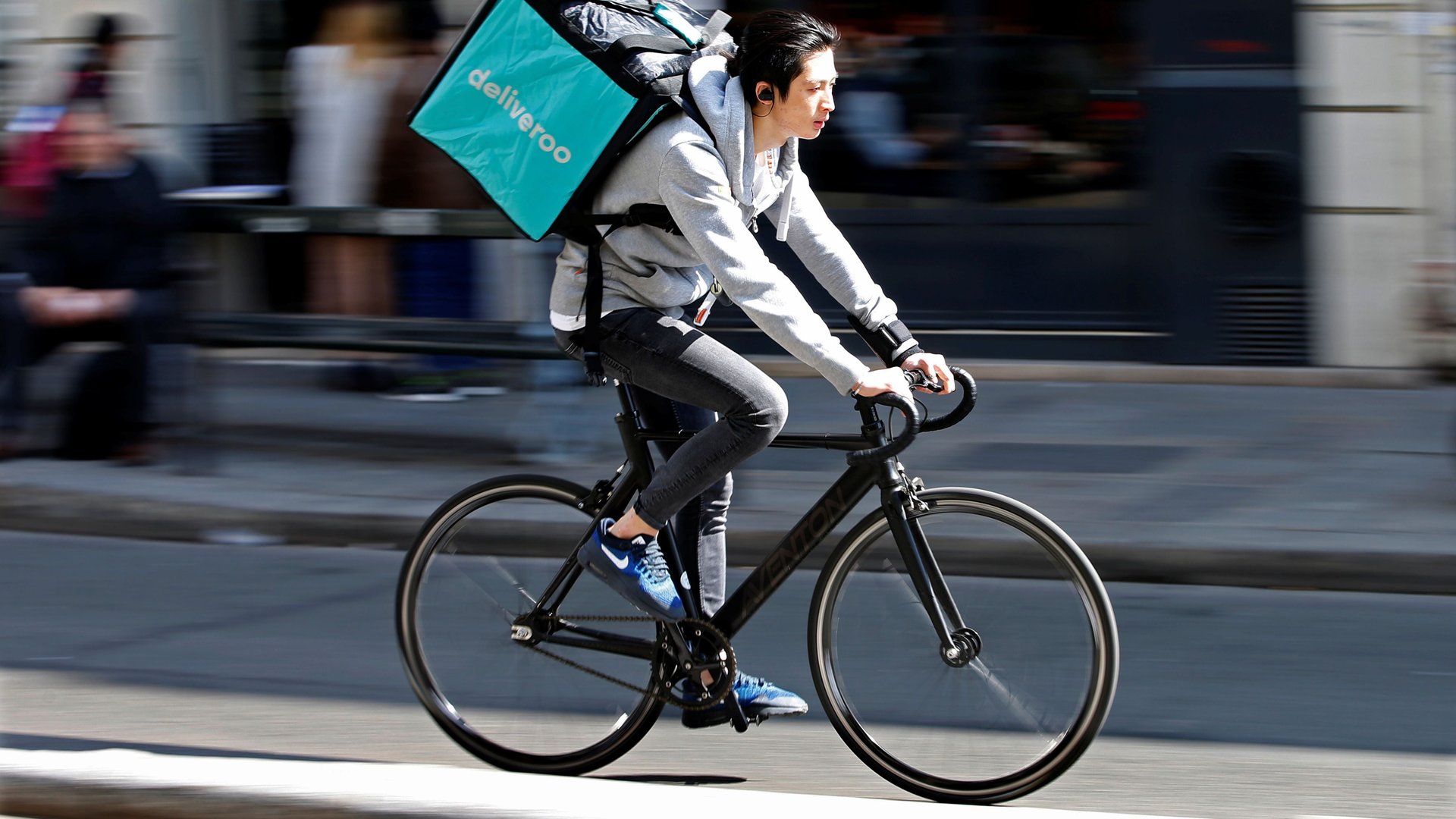The EU Commission called out the gig economy for its lack of social protections
The EU Commission on Wednesday published a ”Pillar of Social Rights,” which sets out 20 proposals for improving worker social protections. Among them is one aimed at building better social protections for gig economy workers who are hired, on a task-by-task basis, by companies like Uber.


The EU Commission on Wednesday published a ”Pillar of Social Rights,” which sets out 20 proposals for improving worker social protections. Among them is one aimed at building better social protections for gig economy workers who are hired, on a task-by-task basis, by companies like Uber.
“Today’s more flexible working arrangements provide new job opportunities especially for the young but can potentially give rise to new precariousness and inequalities,” the commission wrote.
Uber drivers and other gig economy workers are classified as independent contractors, who are typically excluded from or marginally covered in social protection programs. Unemployment insurance, for instance, is not accessible to self-employed workers in 10 EU member states (it is compulsory in 12 and voluntary in six).
Critics have argued that in these platform-based jobs, companies have found a loophole that allows them to treat workers like employees without offering them benefits. “Some of these new forms of work, like the ‘tripartite relationship between the platform, the customer and service provider’, or the ‘economically dependent contractor’ may lead to the use of self-employed status in situations where de facto a subordinate employment relationship exists,” writes the EU commission in a document that accompanies the Pillar of Social Rights. Gig economy companies have argued that they are not employers because their workers choose when and how much to work.
Either way, the result is fewer people who are covered by social protections to the degree that traditional employees are covered.
About 15% of the workforce in EU member states are self-employed, with another 20 to 25% working in ”non-standard employment,” which includes the gig economy. “There is a risk of leaving a growing part of the working population without the social security and employment support that people need to manage life-long working careers in rapidly changing labour markets,” the commission wrote.
Though the document does not lay out a precise plan for building better social protections for gig economy workers and self-employed workers, it suggests potential solutions such as portable benefits that are tied to individuals and move with them from job to job, and it details a consultation the commission will hold around this topic with trade unions and employees.